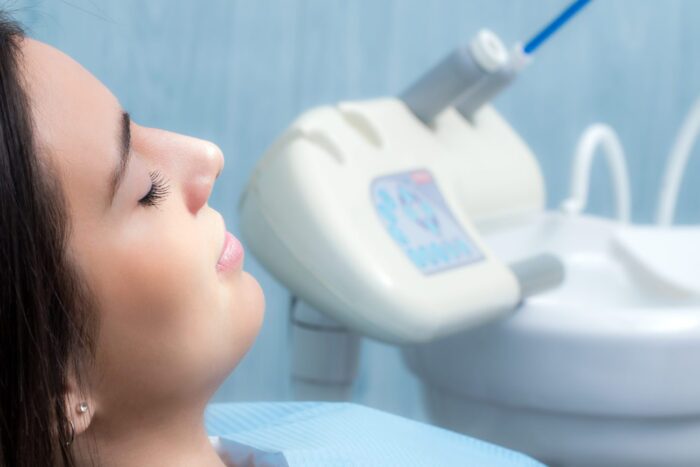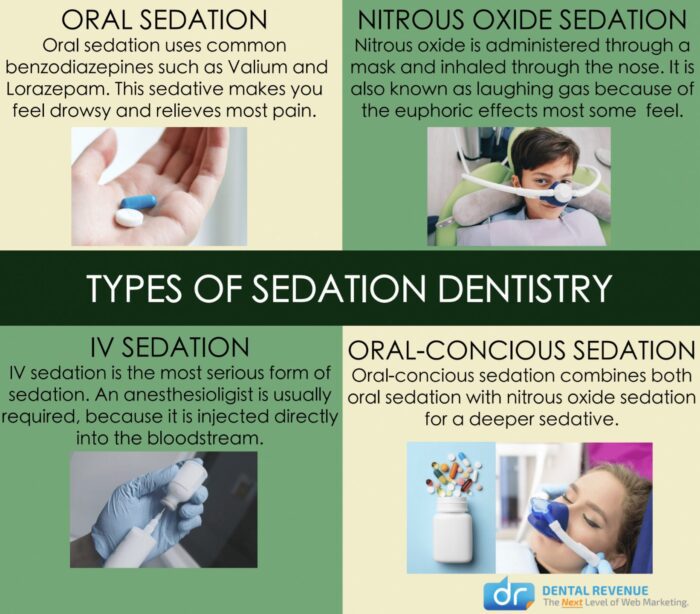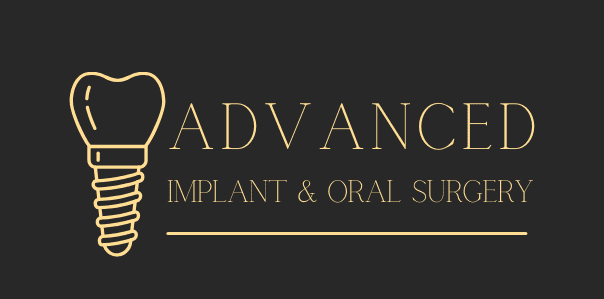Dr. Bradley Dean is a sedation dentist who offers a variety of techniques, including IV sedation and oral sedation. He delivers these sedation options while carefully supervising each patient at his Plano, TX, dental office. We provide the safest and most reliable methods of worry-free sedation dentistry available.
Dr. Dean’s in-depth experience with dental sedation is highly unique. This allows patients to receive the necessary dental care without fear or anxiety. Your dentist can perform more procedures in a single dental visit, saving you time and money.

Who Benefits From Sedation Dentistry?
Sedation dentistry helps many people get the dental care they need without fear or discomfort. Many different people can benefit from sedation dentistry, including those with dental anxiety, sensitive teeth, a strong gag reflex, or special healthcare needs.
Patients with Dental Anxiety
One of the most common reasons people avoid the dentist is anxiety. Some patients feel nervous or scared before and during dental visits, which can cause them to delay or skip necessary treatments. Sedation dentistry allows these individuals to feel calm and comfortable while receiving care. Dentists can adjust the level based on a patient’s needs, ranging from mild relaxation to deeper sedation. This makes getting regular checkups, fillings, or even more complex procedures easier without fear.
People with Sensitive Teeth or Gums
Some individuals experience extreme sensitivity in their teeth and gums. Even routine cleanings can cause discomfort. Sedation helps numb this sensitivity so patients do not feel pain during their procedures. This allows dentists to perform thorough cleanings and treatments without causing stress or discomfort to the patient.
Those With a Strong Gag Reflex
A strong gag reflex can make dental treatments difficult. Some people struggle to keep their mouths open for extended periods or react strongly when a dentist works near the back of their mouth. This reflex can slow down procedures and make the experience uncomfortable. Sedation dentistry relaxes the muscles and reduces the gag reflex, allowing the dentist to work efficiently while keeping the patient comfortable.
Patients Needing Extensive or Complex Procedures
Long dental procedures, such as root canals, dental implants, or multiple fillings, can be exhausting for patients. Sitting still with the mouth open for an extended time can cause discomfort and make it harder for the dentist to complete the work. Sedation allows patients to remain relaxed, often making the procedure feel much shorter. It also helps the dentist work more effectively, reducing the required visits.
Children or Adults with Special Needs
Some children and adults with special healthcare needs may struggle with dental care due to difficulty sitting still, understanding procedures, or managing anxiety. Sedation dentistry allows them to receive necessary treatments in a safe, controlled environment. Dentists trained in sedation can provide care that ensures patient comfort while protecting oral health.
Types of Sedation Dentistry

IV Sedation Dentistry
IV sedation dentistry provides a highly effective solution for patients who experience severe dental anxiety or need extensive dental procedures. This method involves administering sedative medication directly into the bloodstream through an intravenous (IV) line, allowing fast-acting and adjustable sedation. Unlike general anesthesia, IV sedation keeps patients in a semi-conscious state, meaning they can respond to verbal cues but remain deeply relaxed and unaware of the procedure.
Our staff has complete control over IV sedation. The medication’s dosage can be adjusted throughout the procedure to maintain the patient’s comfort. Additionally, IV sedation is often combined with local anesthesia to ensure a pain-free experience. Because the effects take time to wear off, patients need a trusted companion to drive them home after their appointment.
Oral Dental Sedation
Oral sedation dentistry is administered by taking a pill. The pill relaxes you to the point where you feel like you want to fall asleep. However, you remain awake and still have full control over your body functions and breathing rate. You will be able to answer questions and respond to Dr. Dean.
This form of sedation offers an amnesia-like effect, and you won’t remember much from the procedure. It may take several hours to completely wear off, and patients will need to arrange for transportation after treatment.
Benefits of Sedation Dentistry
Whether you have dental anxiety, a severe gag reflex, jaw joint soreness, difficulty getting numb, or just have a hectic schedule, sedation can allow you to safely and comfortably get the dental care you need. Sedation dentistry delivers an amnesia-quality effect, which, for most patients, prevents their memory of the visit.
Sometimes, we refer to this technique as “sleep dentistry” because of its other pleasant effects. Some benefits include:
- Enhances the effectiveness of anesthetic
- Decreases gag reflex
- Alleviates anxiety
- Eliminates joint and muscle soreness
- Dentists can perform more dental procedures with fewer visits
- Worry-free dental appointments
Frequently Asked Questions
Learn more about dental sedation by reading the answers to these commonly asked questions.
How fast does IV sedation wear off?
IV sedation usually wears off relatively quickly. However, the exact time can vary based on the drugs the anesthesiologist used, the patient’s metabolism, and the duration of the procedure. Most patients feel more alert within 20-30 minutes after the IV sedation. But full alertness can take several hours. It’s important to have someone drive you home after the procedure. The sedative effects can take 12-24 hours to wear off completely.
Does dental insurance cover sedation?
Dental insurance policies vary. Many do not cover dental sedation, which insurance companies often consider an elective or “non-essential” service. However, they may cover sedation if they deem it medically necessary for a specific dental procedure. For instance, certain complex surgeries or patients with specific conditions might qualify.
However, patients often pay out-of-pocket for sedation for most standard dental treatments. It’s always best to review your insurance policy or speak directly with your insurance provider to understand what will and will not be covered.
Are you awake during IV sedation dentistry?
Yes. During IV sedation dentistry, you’re technically awake but in deep relaxation. IV sedation doesn’t put you to sleep but numbs your senses. Most patients feel drowsy, and while they might remember some of the procedures, many have little to no memory of them afterward. The primary goal of IV sedation is to ensure the patient’s comfort and reduce anxiety during dental procedures.
Which is better, oral sedation or IV sedation?
Oral sedation and IV sedation both have their merits. Oral sedation can provide relaxation, and dentists consider it safe. However, many patients favor IV sedation due to its speed, reliability, and ability to cause more deep sedative conditions. Dentists usually recommend it for patients with intense anxiety or complex dental procedures. Ultimately, deciding between oral and IV sedation depends on the patient and their comfort level. It will also rely on the advice of the dentist.
Is IV sedation stronger than laughing gas?
IV sedation is generally stronger than laughing gas (nitrous oxide). While laughing gas helps patients relax, they remain fully conscious. IV sedation, on the other hand, places patients in a deeper state of relaxation. Sometimes, it works so well that patients don’t remember the procedure. Both have their uses, depending on the procedure and the patient’s anxiety level.
Do I need sedation for a dental implant?
Whether or not you need sedation for a dental implant procedure will depend on various factors. Your dentist or oral surgeon will consider your comfort level, anxiety, and the complexity of the procedure. While local anesthesia is usually acceptable to numb the area and prevent pain, some patients prefer additional sedation to help them relax. It’s best to discuss this with your dentist or oral surgeon. They will consider your individual needs and preferences.
Get answers to more of your Sedation Dentistry questions here.
